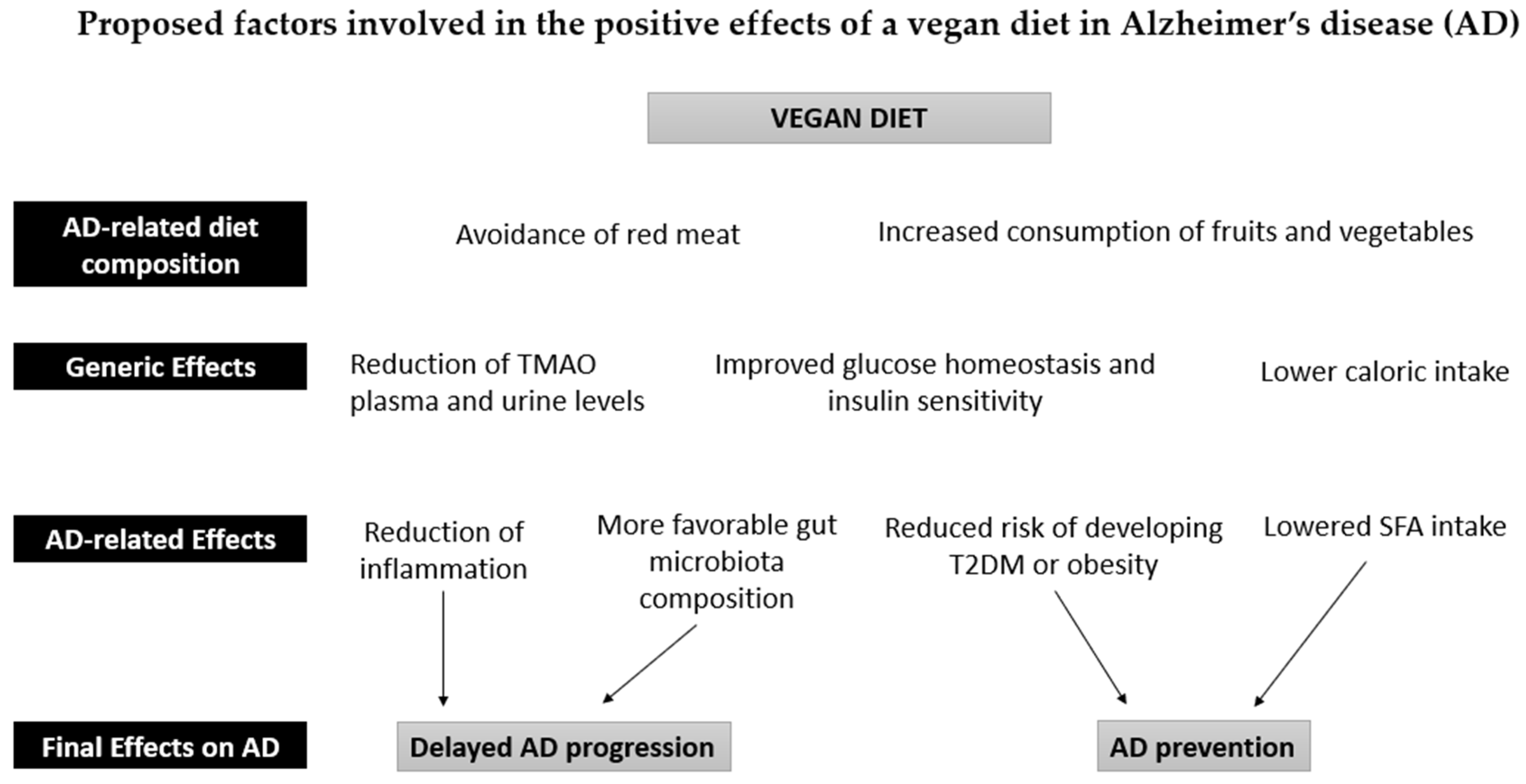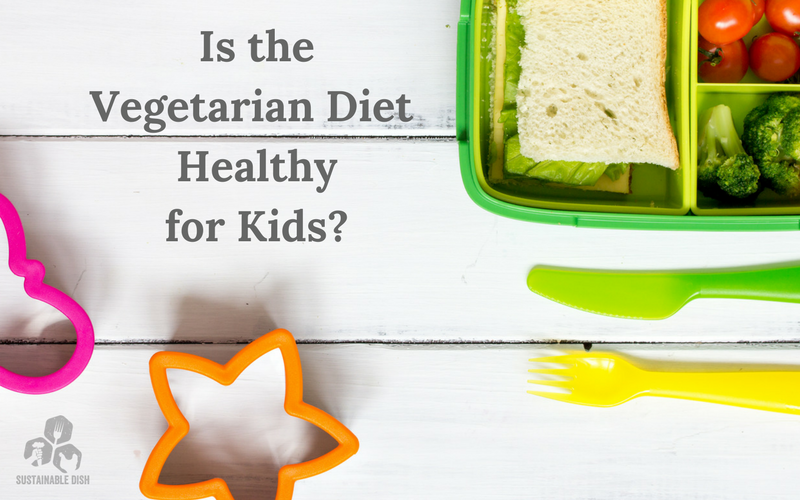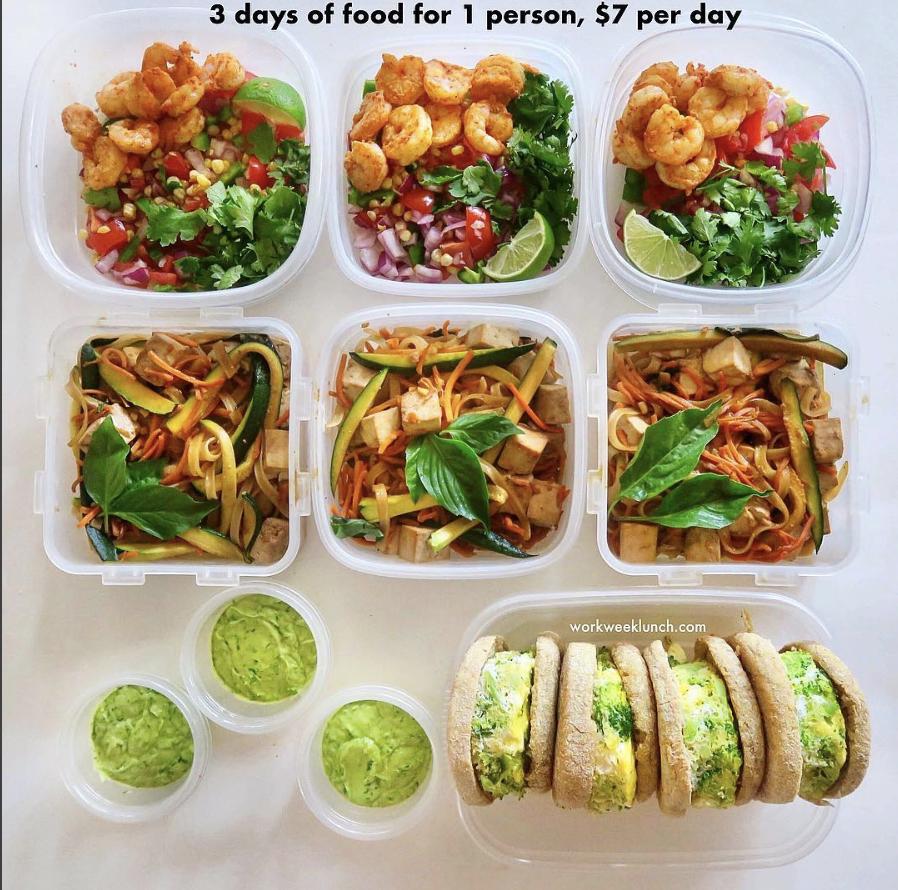
There are many treatments for anemia. Vitamin B12 and folate are two of the most commonly used. Although these vitamins won't cure it, they can treat it. These two vitamins are important to the body and can help improve the condition. Anemia can be treated with the right vitamins and supplements. Many anemic patients don't know they need these vitamins.
Vitamin B12 for treatment of anemia
A lack of vitamin B12 may cause pernicious anemia. It can be mild to severe. This condition results in a reduced oxygen carrying capacity of the blood, which can result in symptoms such as palpitations, shortness of breath, pale skin, and nausea. The condition puts the heart under stress and can lead to arrhythmias or heart murmurs. If left untreated, it may even lead to heart failure.

Anemia caused intrinsic factor deficiency, in addition to being a serious medical condition, is also a source of vitamin B12 deficiencies. The liver stores up to three to five years' worth of vitamin B12. Some patients may not be able to absorb vitamin B12 due to autoimmune activity in their gut. The immune system attacks parietal stomach cells that secrete intrinsic factor in pernicious anemia. This results in decreased vitamin B12 intake.
Even though oral administration of high levels of vitamin B12 is equally effective in treating anemia, intramuscular therapy should be considered when severe deficiency is present. After supplementation, vitamin B12's absorption rate increases. To make up for any deficiencies, patients over 50 years old should consume fortified food or supplements. Vegetarians and strict vegetarians should consider supplementing with vitamin B12 as well. Vitamin B12 supplementation should be provided daily to patients who are under bariatric or restricted in low-calorie food intake. Vitamin B12 supplementation should last indefinitely. Vitamin B12 supplementation will not decrease the risk of myocardial damage or cause cognitive decline.
Treatment for anemia with folate
Folate deficiencies can lead to many problems in the body. These include impaired cell division, accumulation of toxic substances and poor cell division. It can also impair the ability of cells in order to carry out methylation processes, which are crucial to controlling gene expression. Folate-rich foods should be consumed by those suffering from anemia. Folate supplements can also be obtained through diet modifications but may not prove to be beneficial for all.
Folate-deficiency Anemia is diagnosed by excluding other possible causes. A physician will check a patient’s diet for evidence of inadequate folate intake. Anemia is often caused by anemia if there are a history or current drinking habits. It can also affect women who are pregnant, lactating, and those who have had a lot of alcohol in their past. Anemia can also be caused when anticonvulsants are used.

Folate-deficient Anemia is a severe type of anemia that is characterised by megaloblasts, large, poorly formed red cells. Folate deficiencies can be treated using intravenous or oral folate supplementation. Folate is important for fetal development. Pregnant women should consume 400 micrograms of folate daily. Folate-containing supplementation is helpful for people with megaloblastic encephalopathy.
FAQ
What are 10 healthy lifestyle habits?
-
Get breakfast every morning.
-
Don't skip meals.
-
Maintain a balanced diet.
-
Drink lots of water.
-
Take care of yourself.
-
Get enough sleep.
-
Avoid junk food.
-
Daily exercise
-
Have fun
-
Make new friends.
What should I eat?
Consume lots of fruits, vegetables. They are rich in vitamins, minerals, and help to strengthen your immune system. They are also rich in fiber, which is good for digestion and makes fruits and vegetables filling. At least five servings of fruits and vegetables should be consumed each day.
Get plenty of water. Water flushes toxins out of the body and helps to feel full between meals. Drink about eight glasses each day.
Whole grains are better than refined grains. Whole grains retain all nutrients including B vitamins, iron and zinc as well as calcium, magnesium, calcium, protein, and magnesium. Refined grain has lost some of its nutrition.
Avoid sugary drinks. Sugary drinks can be a source of empty calories, which can lead to obesity. Instead, choose water, milk, and unsweetened tea.
Avoid fast food. Fast food has little nutritional value. You won't get the energy you need to function well, despite how delicious it may be. Choose healthier options like salads, soups and sandwiches as well as pasta dishes.
Limit your alcohol consumption. Alcohol is a poor nutrient and has empty calories. Limit your consumption to no more then two alcoholic beverages per week.
Reduce the consumption of red meat. Red meats can be high in cholesterol and saturated fat. Opt for lean cuts of beef, pork, lamb, chicken, fish, and turkey instead.
What's the difference between a calorie and kilocalorie?
Calories measure the amount energy in food. The unit of measurement is called a calorie. One calorie represents the energy required to raise one gram of water's temperature by one degree Celsius.
Kilocalories refer to calories in another way. Kilocalories measure in thousandths (or calorie) of a calorie. For example, 1000 calories equals one kilocalorie.
Statistics
- This article received 11 testimonials and 86% of readers who voted found it helpful, earning it our reader-approved status. (wikihow.com)
- nutrients.[17]X Research sourceWhole grains to try include: 100% whole wheat pasta and bread, brown rice, whole grain oats, farro, millet, quinoa, and barley. (wikihow.com)
- According to the Physical Activity Guidelines for Americans, we should strive for at least 150 minutes of moderate intensity activity each week (54Trusted Source Smoking, harmful use of drugs, and alcohol abuse can all seriously negatively affect your health. (healthline.com)
- In both adults and children, the intake of free sugars should be reduced to less than 10% of total energy intake. (who.int)
External Links
How To
27 Steps to a Healthy Lifestyle if Your Family Only Buys Junk Food
Cooking at home is the best way to eat well. However, many people are not skilled in preparing healthy meals. This article will show you how to make healthier eating choices at restaurants.
-
Consider eating at restaurants that serve healthy meals.
-
Before ordering meat dishes, order salads and other vegetables.
-
Ask for sauces without added sugar.
-
Avoid fried foods.
-
Request grilled meats instead of fried ones.
-
Order dessert only if you absolutely need it.
-
You must ensure that you have something more to eat after your dinner.
-
Slowly chew and eat.
-
Eat water.
-
You should not skip breakfast or lunch.
-
Take fruit and vegetables along with every meal.
-
Consume milk and not soda.
-
Try to avoid sugary drinks.
-
Reduce salt intake.
-
Limit the amount of time you eat at fast food restaurants.
-
Ask someone to join if temptation is too much.
-
Make sure your children don't spend too much time on TV.
-
Turn off the television during meals.
-
Do not drink energy drinks.
-
Take regular breaks from the office.
-
Get up early and go for a run.
-
Get active every day.
-
Start small and build up gradually.
-
Set realistic goals.
-
Be patient.
-
Find time to exercise even if you don't feel like it.
-
Positive thinking is key.